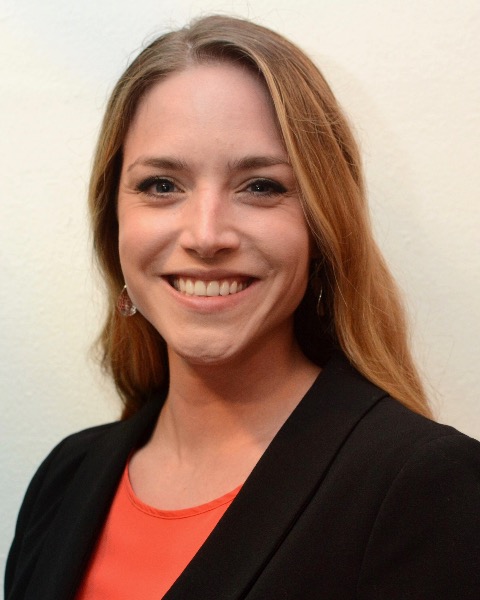7: Q&A

Arielle P. Stafford, MD
Breast Surgical Oncology Fellow
Mayo Clinic
Rochester, Minnesota, United StatesDisclosure: I do not have any relevant financial / non-financial relationships with any proprietary interests.
Abstract Presenter(s)
Omission of completion axillary dissection (cALND) for patients (pts) with cT1-2N0 breast cancer with 1-2 positive (+) sentinel lymph nodes (SLN) has become standard in breast conserving surgery (BCS). Management in mastectomy remains less standardized. In 2018 the National Cancer Database (NCDB) started collecting the number of +SLNs, thus enabling accurate identification of pts with 1 or 2 +SLNs for the first time. We aimed to evaluate the rates and factors influencing use of cALND.
Methods:
From the 2018 NCDB PUF, we identified all cT1-2N0M0 pts with 1 or 2 +SLNs at primary surgery. We analyzed pts undergoing BCS and mastectomy separately, using logistic regression to assess factors associated with cALND.
Results:
Of 10,532 pts, cALND was performed in 646/6499 (9.9%) of BCS pts and 1713/4033 (42.5%) of mastectomy pts (p < 0.001).
Factors associated with cALND among BCS on univariate analysis were cT2 vs cT1 (13.1% vs 8.8%, p< 0.001), 2 vs 1 +SLNs (17.4% vs 8.5%, p< 0.001), higher tumor grade (grade 3: 12.8%, grade 1-2: 9.3%, p=0.001), and omission of adjuvant radiation therapy (XRT) (12.9% vs 9.7%, p=0.01). In multivariable analysis, cT, +SLNs, and grade remained significant, but adjuvant XRT did not and cALND was less likely for non-metro residence.
Factors associated with cALND among mastectomy on univariate and multivariable analysis were cT2 vs cT1 (44.9% vs 40.5%, p=0.006), 2 vs 1 +SLNs (52.9% vs 39.7%, p< 0.001), younger age (age < 50: 45.9%, age 50+: 40.8%, p=0.002), and Hispanic ethnicity (53.1% vs 41.7%, p< 0.001). Adjuvant XRT was similar without and with cALND (53.5% vs 55.3%, p=0.27) with 26.7% treated without cALND or XRT.
Biologic subtype, histology, comorbidity score, and facility type were not associated with cALND in either group.
Conclusions:
Omission of ALND with 1-2+SLNs in BCS is common with cALND performed in < 10% of pts, reflecting successful implementation of ACOSOG Z11 trial. In mastectomy cALND rate is higher (42.5%) reflecting the need for data and guidelines in this group. However, a quarter were treated without cALND or XRT reflecting this is not direct implementation of AMAROS trial.
Learning Objectives:
- Describe current rates of completion axillary lymph node dissection in patients with cT1-2N0 breast cancer with 1-2 positive sentinel lymph nodes after breast conserving surgery and mastectomy.
- List factors associated with completion axillary lymph node dissection in patients with cT1-2N0 breast cancer with 1-2 positive sentinel lymph nodes after breast conserving surgery.
- List factors associated with completion axillary lymph node dissection in patients with cT1-2N0 breast cancer with 1-2 positive sentinel lymph nodes after mastectomy.
